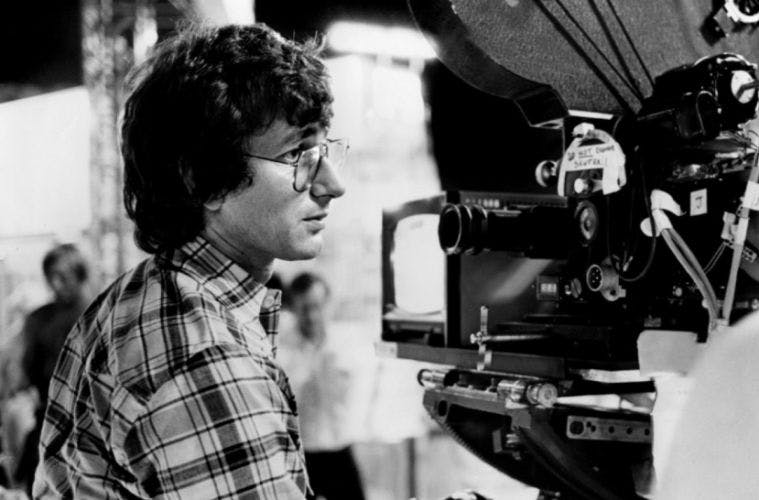220 reads
What do Spielberg and Zuckerberg Have in Common?
by
February 3rd, 2022
Audio Presented by

Host of The Success Story Podcast. I write a newsletter to 321,000 people. newsletter.scottdclary.com
About Author
Host of The Success Story Podcast. I write a newsletter to 321,000 people. newsletter.scottdclary.com
